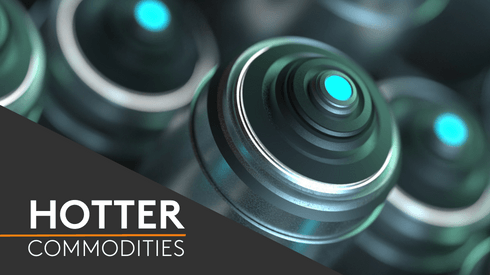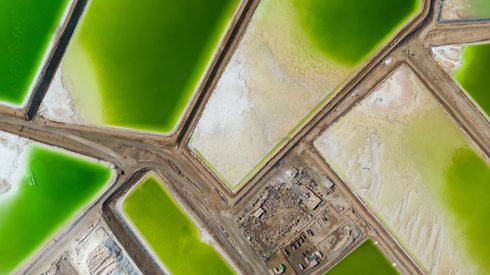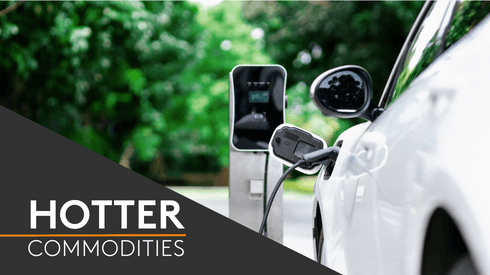The company’s pilot black mass recycling plant in Hamburg, Germany, operational since March 2022, has developed a proprietary hydrometallurgical process that has successfully extracted battery raw materials from black mass. As a result, Aurubis is now working on building a demonstration plant, Harings said.
“Electric vehicle (EV) batteries last longer than previously thought,” Harings said. “One used to think that an EV would last around 12 years and it would need to change batteries at the 6-year mark. But now it must be noted that the battery lasts the total 12 years of the EV’s life.”
“So we expect end-of-life EV batteries to become available at mass scale in 2027-28,” he added.
Aurubis’s process extracts lithium from black mass before other metals and can be applied to both lithium iron phosphate and nickel manganese cobalt battery chemistries.
The company has the capacity to produce both lithium carbonate and lithium hydroxide from recycled black mass, but will decide on the end product depending on market demand, according to Harings.
“Technical-grade lithium carbonate will more likely be the standard because it is more stable and easier to transport,” he added. “Battery-grade lithium hydroxide has issues with transport.”
If the demonstration plant is successful, Aurubis intends to decide in early 2025 whether to establish an industrial-scale black mass recycling plant in the US or Europe.
Aurubis plans to “bring an industrial plant for recycling black mass online in fiscal year 2026/27,” according to the company’s fiscal year 2022-23 report released on December 20, 2023.
The incentives for critical materials offered under the Inflation Reduction Act (IRA) in the US will not be the determining factor for the location of the plant or for the company’s further expansion in the US beside battery recycling, according to Harings.
“IRA support would, for Aurubis, be more an accelerator than an enabler,” he said.
Fastmarkets launched three black mass payable indicators for the European market on September 20, 2023.
Fastmarkets’ weekly assessment for black mass, NCM/NCA, payable indicator, nickel, domestic, exw Europe, % payable LME Nickel cash official price was at 47-52 cents per tonne on January 10, down by 20.80% from 60-65 cents per tonne at the time of its launch.
And Fastmarkets’ weekly assessments for black mass, NCM/NCA, payable indicator, cobalt, domestic, exw Europe, % payable Fastmarkets’ standard-grade cobalt price (low-end) and black mass, LCO, payable indicator, cobalt, domestic, exw Europe, % payable Fastmarkets’ standard-grade cobalt price (low-end) were also at 47-52 cents per tonne on January 10, down by 13.91% from 55-60 cents per tonne at the time of their launch.
Want more insights and forecasts for the battery recycling and black mass market?
Keep up to date with global market insights and predictions for the battery recycling and black mass markets with our black mass newsletter. Sign up now.






